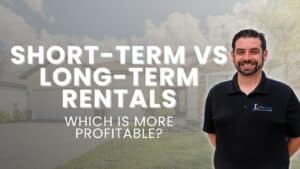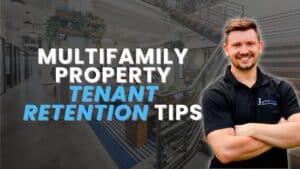There is no shortage of Airbnbs and short-term vacation rentals in Tampa, Florida, ranging from small beach cottages to luxurious themed villas. At any given time, prospective renters can scroll through hundreds of online listings and select the one that is best suited for their Tampa vacation or short-term stay.
The abundance of vacation rentals is a luxury for renters. However, short-term rental property owners are experiencing significant setbacks and profit loss in a market flooded with vacation rentals. The nature of the rental market has shifted due to a decrease in demand from short-term rentals and a need for long-term rentals. We’re no longer seeing the high competition and rental rates for Airbnb’s and vacation rentals that we saw during COVID times. Now, rental property owners need to focus on what’s important: profitability. So the big question is “Short-term vs long-term rental properties, which is more profitable?”. And I’m here to tell you that in 2025, long-term rental properties are more profitable in Tampa. But why? Let’s get into it.
There is no shortage of Airbnbs and short-term vacation rentals in Tampa, Florida, ranging from small beach cottages to luxurious themed villas. At any given time, prospective renters can scroll through hundreds of online listings and select the one that is best suited for their Tampa vacation or short-term stay.
The abundance of vacation rentals is a luxury for renters. However, short-term rental property owners are experiencing significant setbacks and profit loss in a market flooded with vacation rentals. The nature of the rental market has shifted due to a decrease in demand from short-term rentals and a need for long-term rentals. We’re no longer seeing the high competition and rental rates for Airbnb’s and vacation rentals that we saw during COVID times. Now, rental property owners need to focus on what’s important: profitability. So the big question is “Short-term vs long-term rental properties, which is more profitable?”. And I’m here to tell you that in 2025, long-term rental properties are more profitable in Tampa. But why? Let’s get into it.
Identify Your Rental Goals
Identifying your rental goals is an essential step in deciding whether you should rent your property long term or short term. Your overall rental goals will significantly influence how to list your property and the process of analyzing your desired income and profits. While both lease types have the potential to thrive, it is essential to understand the current state of the rental market in Florida.
If your goal is to earn a steady cashflow, high profits, less expenses, and tenant retention, long-term rental property leases are the way to go. If your goal is to be able to use your rental as your personal vacation home throughout the year while also earning money when you’re not there, short-term is the better option for you.
This decision influences not only how your property will be listed and rented, but also how it is managed, and how profitable it is.
Short-Term Rental Profit Potential
Short-term rental laws and regulations vary by state and county. In Tampa, a short-term rental is defined as any individual lease agreement with a duration shorter than 30 consecutive days.
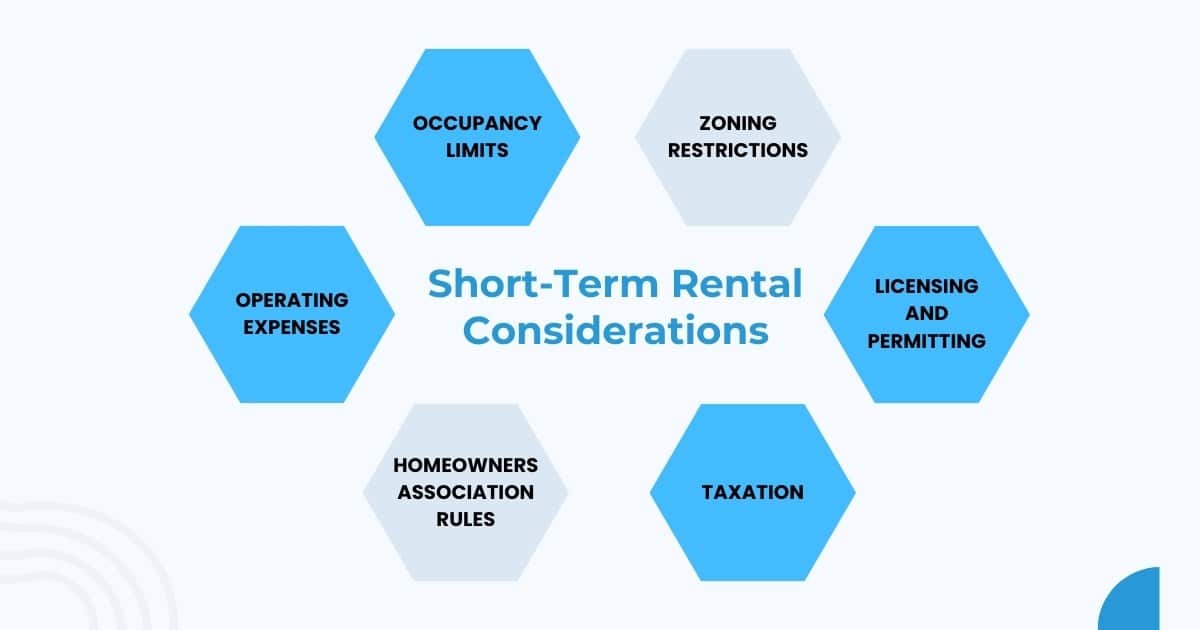
Criteria for short-term rentals that typically vary by state and county include:
- Zoning restrictions
- Licensing and Permitting
- Taxation
- Occupancy Limits
- Noise and Nuisance Regulations
- Safety and Health Codes
- Homeowners Association Rules
While short-term rentals can be profitable, your income and occupancy can be inconsistent. Without a secure long-term lease agreement, short-term rental property owners take the risk of extended vacancies and months of missed rentals payments. For example, your Tampa short-term rental may bring in significant profits for events like Gasparilla, or the winter season. However, it could sit vacant from the months of May-September because short-term rentals are highly unpredictable.
Long-Term Rental Profit Potential
A typical long-term lease duration is 12 months long, but can vary depending on the property owner or tenant’s preferences. Long-term leases provide stability, require less attention, and are generally less stressful.
Unlike short-term rentals, long-term leases provide a stable and continuous income, reliable tenants, and (typically) preserved property conditions. During this lease period, your tenants are not changing as frequently as they would with a short-term rental. Your long-term tenants are typically screened and vetted to ensure reliability and financial security. For example, at The Listing Real Estate Management, our extensive tenant screening process includes:
- Credit history check
- Debt to income ratio
- Nationwide eviction search
- Background check
- Income and employment verification
- Previous rental verification
In short, this process ensures that your tenants have the ability to pay rent on time and in full, and preserve the condition of your property. The stability of your tenants directly affect the stability of your rental income, profits, and overall property success.
Short-Term vs Long-Term Rental Operating Expenses
Managing and maintaining a short-term rental property is expensive, point blank period. If your short-term rental is not booked and busy for most of the year, you may end up losing more money than you generate.
Operating expenses for short-term rentals are much more costly than those of long-term rentals. In addition to the general operating expenses of a rental property, the following expenses typically cost short-term rental property owners a pretty penny:
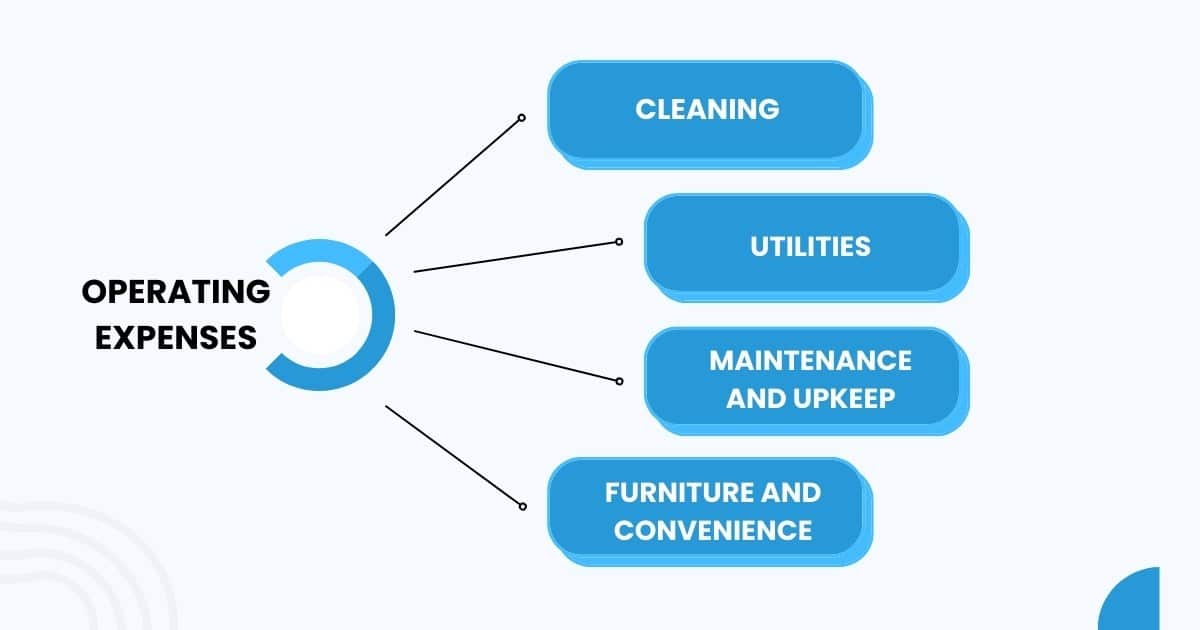
Cleaning
Short-term rentals must be cleaned before and after each tenant. Short-term rentals can be anywhere from 1-30 days, which means frequent cleaning. Your short-term Florida rental can potentially have four different bookings in one month, which means paying a cleaner five times. Professional cleaning prices depend on the size and location of your rental property, but no matter the price, frequent cleanings eat into your rental income.
Long-term rentals require less professional cleaning. If your lease agreement is 12 months, you will need one cleaning per year. The need for professional cleaning will be even less if your tenants choose to renew their lease agreement.
Utilities
With short-term rentals, it is standard practice for the landlord to pay utility bills. Similar to how you don’t pay utility bills at a hotel, short-term or vacation renters do not expect to pay utility bills. If you choose to charge a utility cost, you must clarify in the property listing. However, doing so makes for a less competitive and attractive rental to tenants. Depending on the occupancy of your short-term rental, your utility bills will vary. The higher your occupancy, the higher your utility bills will be.
In long-term rental agreements, tenants typically pay utility bills. As long as your property is occupied, your utility bills are covered.
Maintenance and Upkeep
In addition to more frequent turnover, there are typically increased maintenance expenses for short-term Florida rentals. Maintenance issues can vary depending on the property, but it’s important to keep in mind that short-term tenants may not treat your property with the best care. Because short-term tenants do not consider the property “home”, or have a lease holding them accountable, your property may be viewed as a hotel or “just a rental”. This means that you can expect tenants to be more careless and at times, more damaging. Missing or broken items, furniture, and appliances are not uncommon with short-term rentals.
While maintenance and upkeep are also important aspects of long-term rentals, long-term tenants typically take better care of the property as they consider it home. While not every tenant will treat your property immaculately, there are significantly less maintenance and upkeep issues in long-term rentals because of less turnover.
Furniture, Comfort, and Convenience
For comfort and convenience, short-term rentals must come fully furnished and equipped with essential house items. You’ll also have to furnish the whole property, and your second-hand furnishings won’t perform as well. New aesthetically pleasing furnishings are a must for consistent bookings. Average furnishing costs can be around $10,000 to $30,000. Not only does this mean your property has to be fully furnished, but you will be expected to provide:
- Bedding
- Pillows
- Linens
- Towels
- Toiletries
- Cookware
- Diningware
- Kitchen tools
- Cleaning supplies
- Salt, pepper, cooking oil
- Coffee maker, toaster, blender, etc.
Many of these items will not be a one time purchase as frequent use calls for normal wear and tear and damage.
On the other hand, a majority of long-term renters, have their own furniture or prefer to furnish the home themselves. Unfurnished rental properties pose less of an upfront expense for a property owner who does not have the property furnished already. Furniture is a significant expense, both to purchase, and to repair. Long-term tenants typically do not expect their rentals to be furnished, and furnished long-term rentals actually tend to drive tenants away.
Tourism Taxes
Short-term Florida rental properties are subject to the following taxes:
- State Sales Tax: A 6% tax on the rental amount, including cleaning fees.
- Discretionary Sales Surtax: An additional 0.5% tax.
- Local Tourist Development Tax: The Tampa local Tourist Development Tax is 6% tax applied to the rental amount.
Long-term rentals are not subject to these taxes.
Short-Term vs. Long-Term Rental Properties – Which Is More Profitable?
In addition to considering the expenses, it is essential to consider the profits of short-term vs long-term rentals.
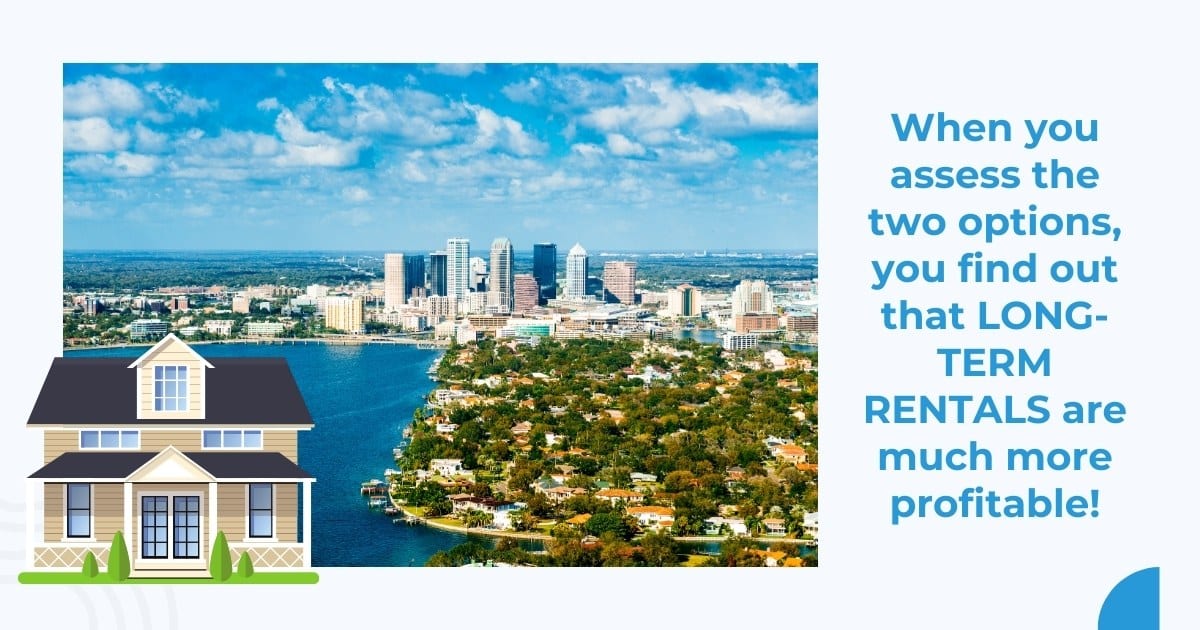
Short-term rentals can yield high nightly rates, and increased rates during peak season or events. This aspect is what makes short-term rentals so appealing on the surface. While Tampa short-term rental property owners may be able to charge $1,500 for one week, the challenges of inconsistent occupancy, high operating costs, and maintenance and damage risks call into question the true profitability of short-term rentals in Tampa. These factors, combined with a lack of demand for short-term rentals in a flooded market, have caused profitability of short-term rentals to dwindle significantly over the past few years.
Long-term rentals, on the other hand, are stable, predictable, and highly profitable. With long-term rentals, your tenant is signed into a lease for at least one year. This gets rid of the unpredictability of occupancy, reliability of your tenants, and profits. In addition, your tenant can be held responsible for significant damage caused to your rental. The stability of your cashflow and the high demand makes long-term rentals more profitable than short-term rentals in this rental market.
For those rental property owners looking for stability, high profitability, and a less stressful rental experience, I highly recommend long-term rentals vs short-term rentals.
Tampa Long-Term Property Management
As a Tampa property manager, I know that navigating certain decisions for your rental property can be difficult. There is a lot of legwork that goes into the success and management style of your rental property. It is essential that you set goals and identify the type of rental property you want. The goals you set in the beginning will determine how you should decide upon certain aspects of your rental and the profits you can expect.
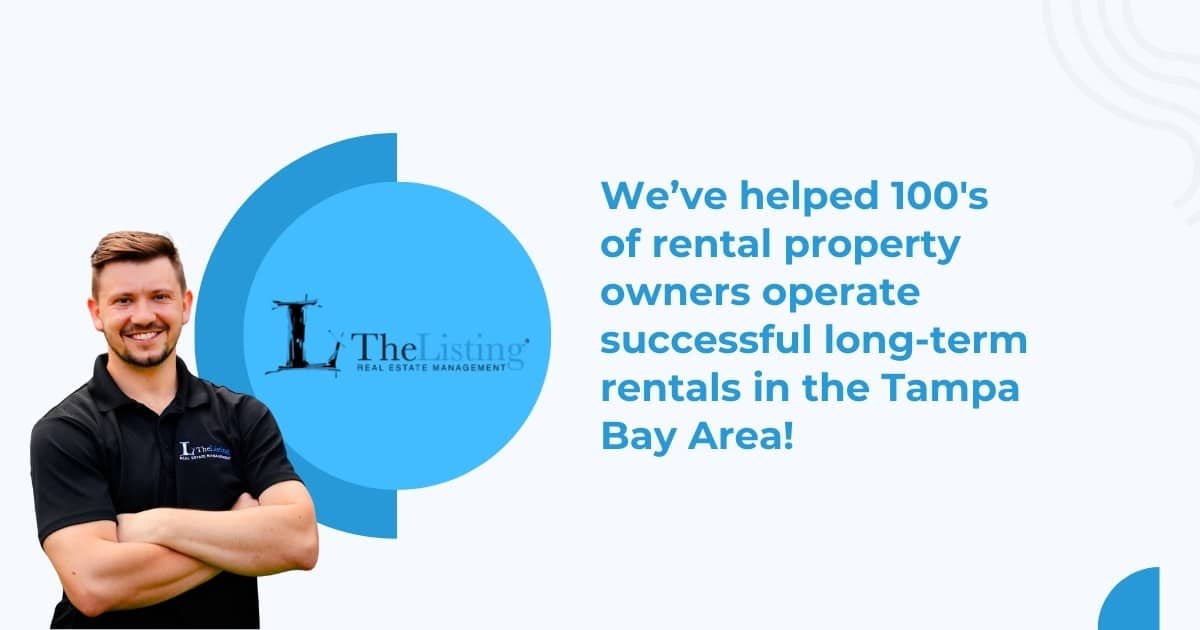
If you are a rental property owner seeking a stable income and reliable tenants, I highly suggest long-term vs short-term. The potential benefits of long-term rentals, including tenant retention, secure rental income, and less expenses, outweigh the benefits of short-term rentals significantly.
If you are interested in full-service property management for your Tampa rental property, we are here to help! At The Listing Real Estate Management, we specialize in single-family and multifamily residential property management throughout Tampa Bay and the Orlando metropolitan area! To learn more about how we can help your rental property thrive, contact us today at The Listing Real Estate Management!
Copyright © 2017-2025, The Listing Real Estate Management. All Rights Reserved.


